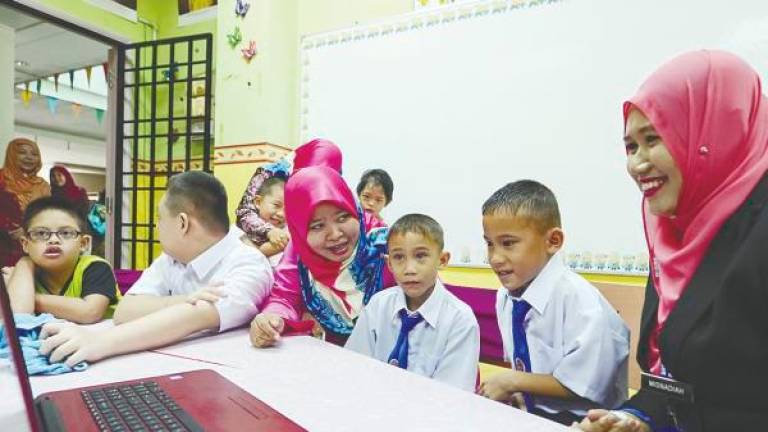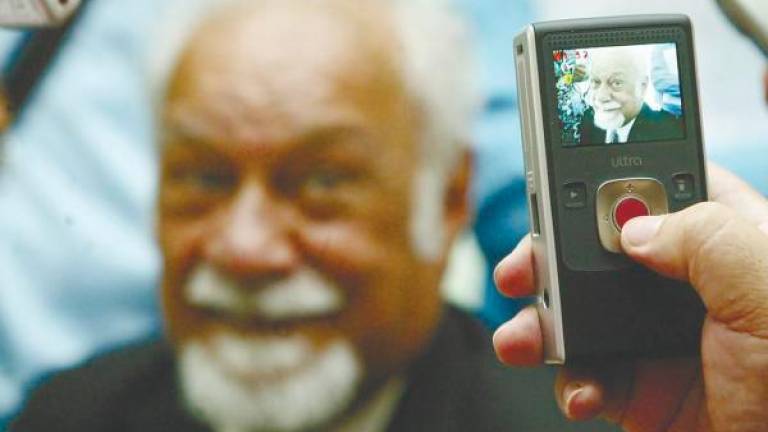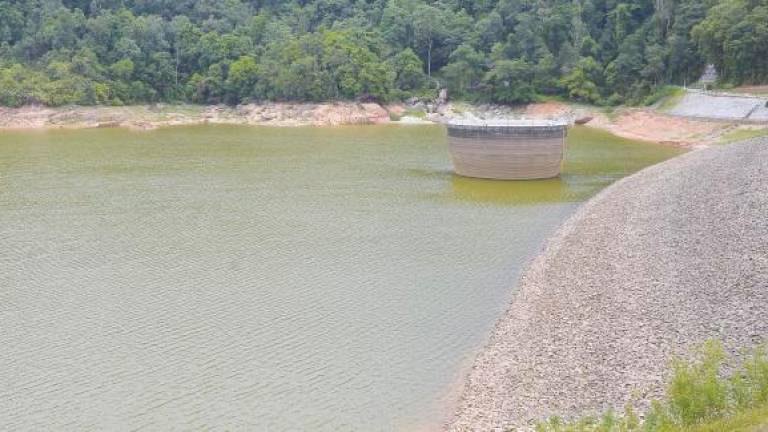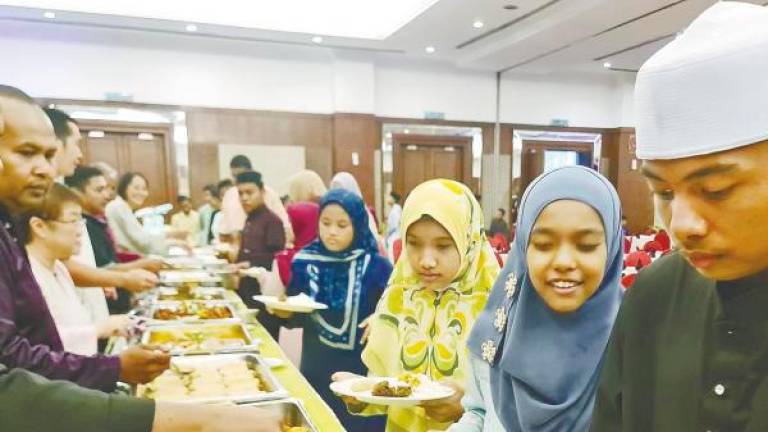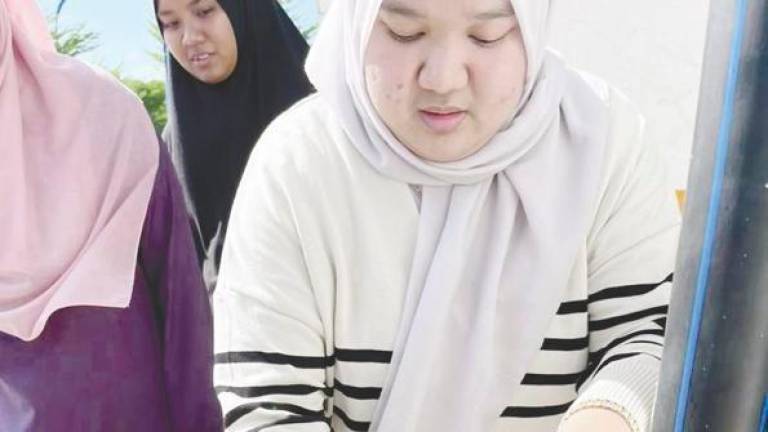IN the 17 years since Taiwan was hit hard by the SARS outbreak, it has been in a state of readiness to the threat of emerging infectious disease.
As a result, when information of a novel pneumonia outbreak was first confirmed on Dec 31, 2019, Taiwan began onboard quarantine of direct flights from Wuhan that same day.
On Jan 2, Taiwan established a response team for the disease and activated the Central Epidemic Command Centre (CECC) on Jan 20. The CECC effectively integrates resources from various ministries and invests itself fully in the containment of the epidemic.
As of April 20, Taiwan had tested 42,315 persons showing 422 confirmed cases, of which 55 have been indigenous, 343 imported and six deaths; 80 people had been released from hospital after testing negative. Despite its proximity to China, Taiwan ranked 123rd among 183 countries in terms of confirmed cases per million people. This shows that Taiwan’s aggressive efforts to control the epidemic are working.
In response to the epidemic, Taiwan has implemented border quarantine measures, including onboard quarantine, fever screening, health declarations, and a 14-day home quarantine for passengers arriving from nations it has listed under Level 3 Warning.
Taiwan has established an electronic system for entry quarantine, which allows passengers with a local mobile phone number to fill in health information via mobile phone. A health declaration pass will then be sent to them via a text message. This is connected to the community care support management system, which allows government agencies to provide care and medical assistance. Their travel history is stored on the National Health Insurance (NHI) card to alert physicians to possible cases and prevent community transmission.
For those under home quarantine or isolation, the government is working with telecos to allow GPS tracking. Quarantine offenders are subject to fines or mandatory placement.
Taiwan has also increased laboratory testing capacity, expanded the scope of its surveillance and inspections based on trends, and retested people with higher risk who had already tested negative.
Taiwan has designated 50 regional hospitals and medical centres and 167 community hospitals and clinics to create a tiered system for testing.
A crisis anywhere readily becomes a problem everywhere. Global health security requires the efforts of every person to ensure an optimal response to public health threats and challenges. Taiwan, though not a member of WHO, cannot stand alone and must be included in the fight against such threats It has fulfilled its responsibilities as a global citizen and abided by International Health Regulations in notifying WHO of confirmed Covid-19 cases.
It has communicated with other countries as well as the European Centre for Disease Prevention and Control, to share information on confirmed cases. It has uploaded the genetic sequence of Covid-19 to the Global Initiative on Sharing All Influenza Data. Taiwan has worked with global partners to ensure global health is not imperiled by lack of communication.
If it is indeed WHO’s mission to ensure the highest attainable standard of health for every human being, then WHO needs Taiwan just as Taiwan needs WHO. Yet Taiwan has long been excluded from WHO due to political considerations. This is regrettable given all that Taiwan could share with the world thanks to its renowned public health experience, health system, NHI, and ability to perform rapid testing as well as research and manufacture vaccines and drugs.
We can also share our methods for analysing the virus. We hope that after this pandemic abates, WHO will understand that infectious diseases know no borders, and that no country should be excluded, lest it become a major gap in global health security. WHO should not neglect the contribution to global health security of any nation.
We urge WHO and related parties to acknowledge Taiwan’s contributions to the international community in the areas of public health, disease prevention, and to include Taiwan in WHO and its meetings, mechanisms, and activities.
Taiwan will continue to work with the rest of the world to ensure that all enjoy the fundamental human right to health as stipulated in the WHO Constitution. Echoing the mantra of the United Nations’ 2030 sustainable development goals, no one should be left behind.
Dr Chen Shih-chung is Taiwan’s Minister of Health and Welfare.








